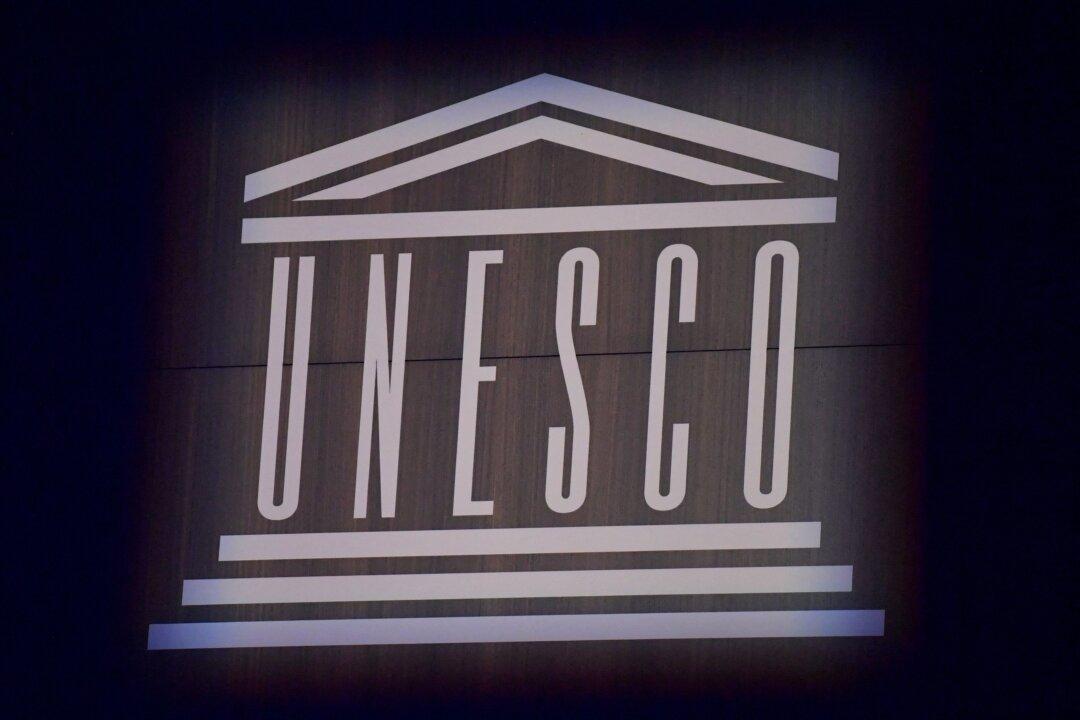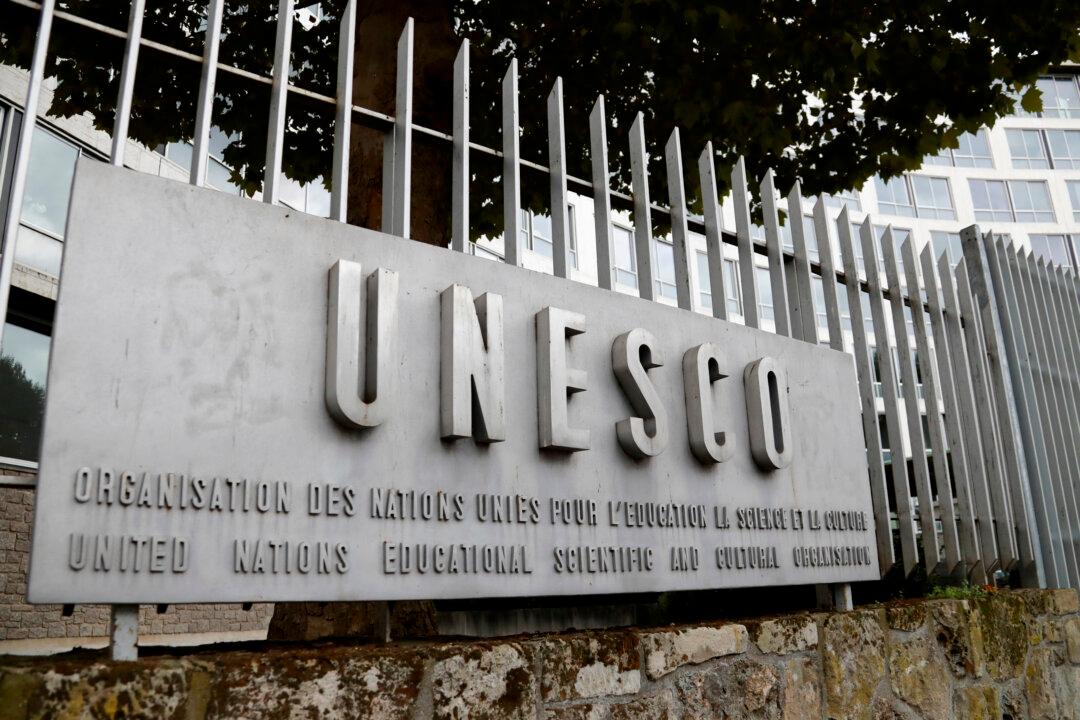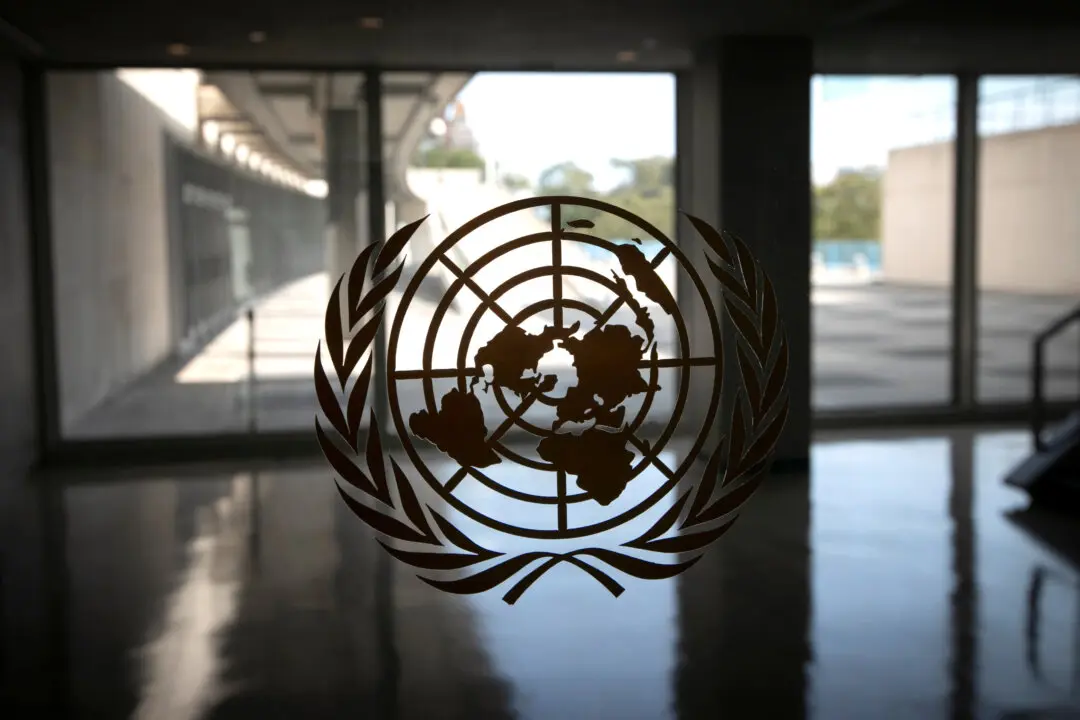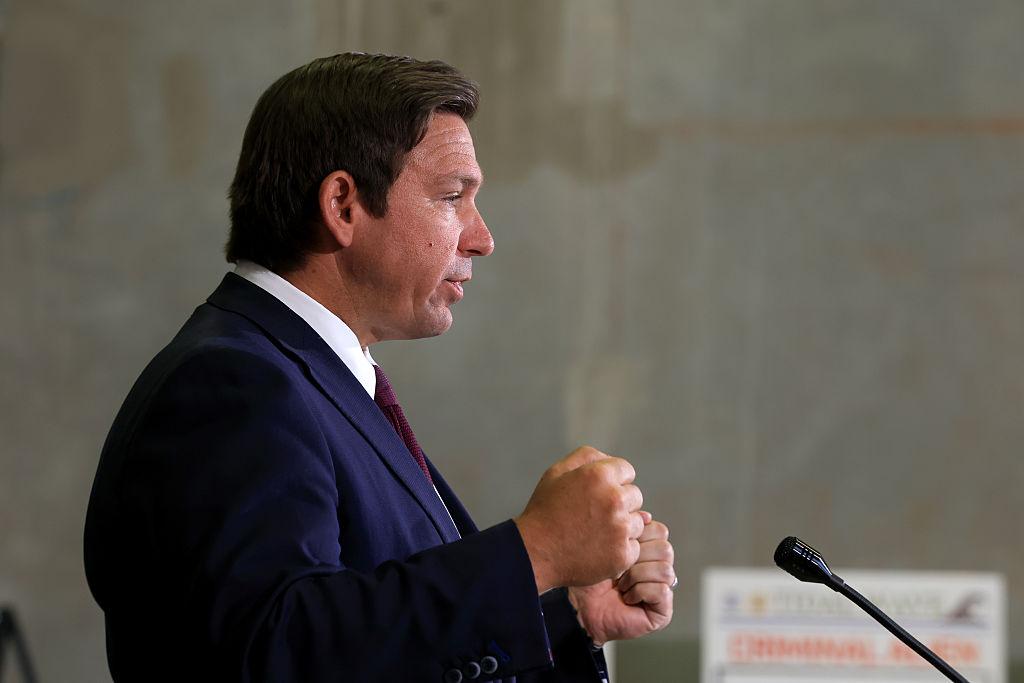Despite an ongoing scandal involving the United Nations Educational, Scientific, and Cultural Organization (UNESCO) leadership and the agency’s decision to flout U.S. law by admitting the “State of Palestine” as a member state, the United States is now formally seeking to rejoin.
However, lawmakers may scuttle the effort by refusing to provide necessary funding.





